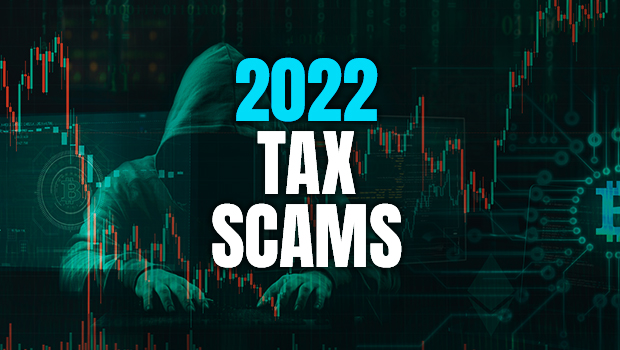Every year, the IRS releases its “Dirty Dozen” list of tax scams for taxpayers to watch out for. In this blog post, we identify and explain a few of the more notable scams that have made this list.
OIC Mills
An offer in compromise (OIC) is an IRS program that allows eligible taxpayers with tax debts to settle their debts for less than what’s owed. Because the premise of this program sounds so enticing, scammers often use it to lure in potential scam victims. Here’s how the scam typically works.
An OIC mill will use ads that tell individuals that they can get rid of their tax debts for pennies on the dollar. The victim agrees to pay the OIC mill to prepare an OIC request with the expectation that they can get rid of their tax debt for a lot less money than the outstanding debt amount.
In a best-case scenario, the OIC mill can get the IRS to grant the OIC request, but only after charging excessive fees. And to make matters worse, the terms of the OIC acceptance that the taxpayer gets are usually the same as what they could have gotten on their own or by using a reputable tax professional (who would charge more reasonable fees for their services).
In a worst-case scenario, the OIC mill takes the victim’s money knowing they have no chance of getting the OIC request accepted by the IRS.
Dodgy Tax Avoidance Strategies
One of the main reasons people hire tax professionals is to help them find ways to avoid paying more taxes than necessary. This means there are plenty of taxpayers willing to push the legal envelope and as a result, are willing to try tax avoidance strategies offered by scammers that could be illegal.
This is a problem for taxpayers because they’re the ones ultimately responsible for the tax strategies used. Some of the questionable tax avoidance strategies include using:
- Methods to hide income in offshore financial accounts
- Concealment tactics for digital-based property
- Abusive syndicated conservation easements
- Abusive micro-captive insurance arrangements
- Charitable remainder annuity trusts to hide taxable gains
- Maltese pension arrangements
- Monetized installment sales
Promises of Extra Large Tax Refunds
This scam shares some similarities with OIC mills in that a tax preparer will try to solicit new clients with promises of too-good-to-be-true tax refunds. And in return for getting the taxpayer so much money back, the tax preparer will charge a large fee, sometimes based on the size of the refund supposedly obtained.
But it turns out the taxpayer is entitled to a refund that’s far less than what’s been promised (or entitled to no refund at all). However, by the time the taxpayer learns of this, the tax preparer is long gone, along with the taxpayer’s money. Here are some warning signs of an unscrupulous tax preparer promising an overinflated refund:
- They ask for the refund to go to the tax preparer’s bank account, not the taxpayer’s bank account.
- They only accept their tax preparation fee in cash.
- They use fake claims of income or tax deductions to boost the tax refund.
Choose Your Tax Professional Wisely
One way to help avoid becoming a victim of a tax scam is to find an honest and experienced tax professional. You can learn how to do this by getting some advice from the IRS and looking through the IRS directory of tax preparers with certain qualifications and credentials.
The good news is Kienitz Tax Law is here to help you with your tax issues. Schedule your FREE consultation today!

